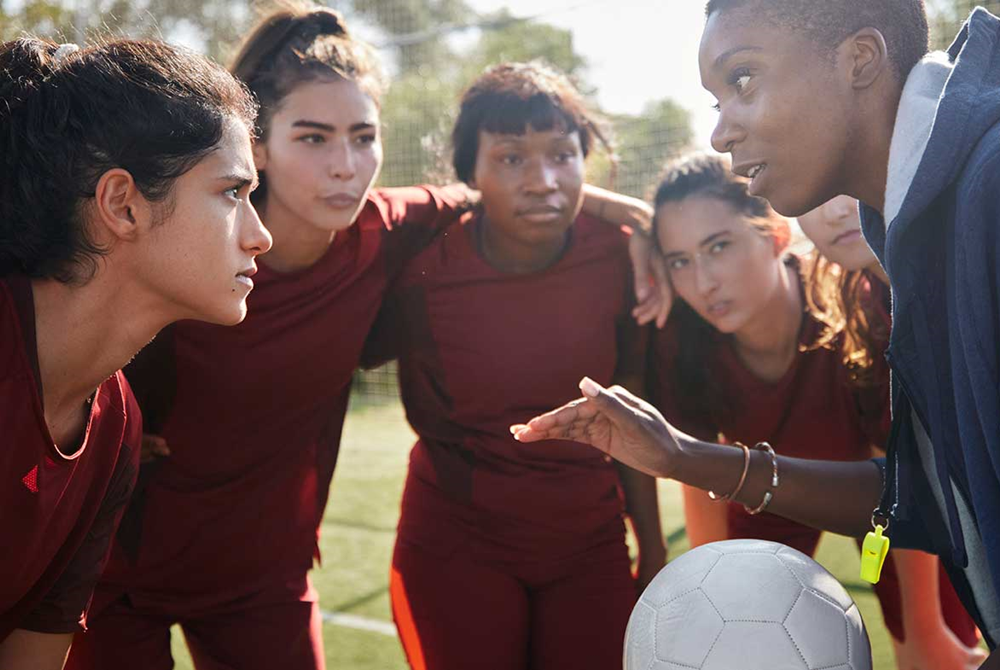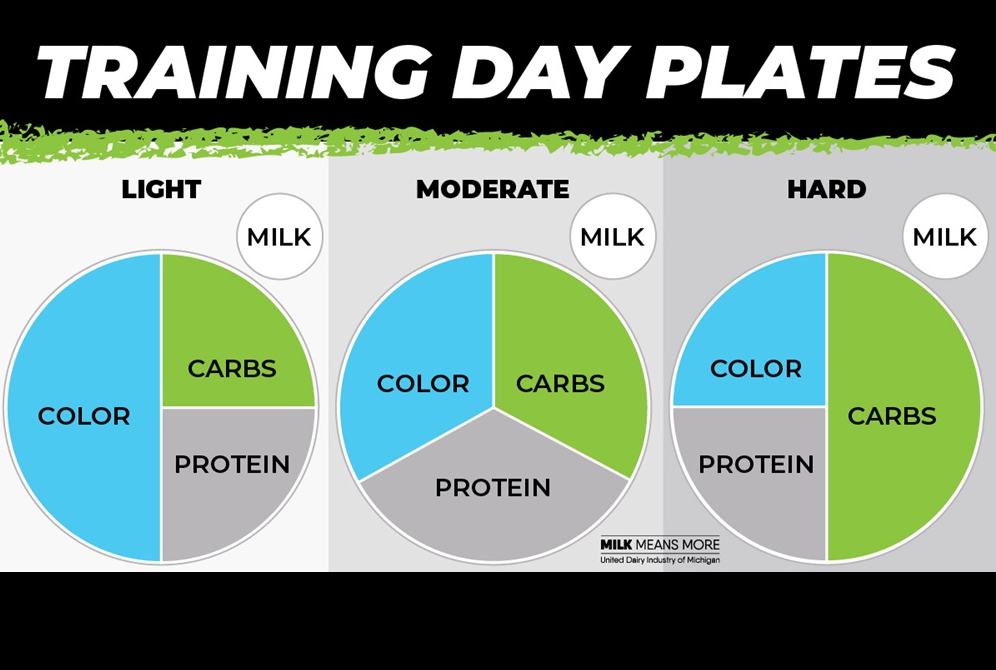
Why Athletes Should See A Sport Psychologist
By
Elizabeth Swanson
Henry Ford Health
January 9, 2024
Whether at the professional or intramural level, there are so many benefits to being an athlete. Participating in a sport teaches communication skills, how to overcome adversity—and regular exercise has so many incredible health effects on the mind and body.
 But that’s not to say athletes don’t have their own set of challenges. Pressures to perform, physical injuries and intense schedules can take a toll on anyone’s mental health, which is where a sport psychologist comes in.
But that’s not to say athletes don’t have their own set of challenges. Pressures to perform, physical injuries and intense schedules can take a toll on anyone’s mental health, which is where a sport psychologist comes in.
“It’s helpful that a sport psychologist knows the culture of athletics and the typical stressors that athletes face,” says Seth Swary, Ph.D., a sport psychology clinician at the Henry Ford Center for Athletic Medicine. “We’re familiar with the influence the world of athletics can have on someone and how it can affect their well-being.
“Athletes have a whole team around them to help them perform — athletic trainers, nutritionists, etc.— so why shouldn’t they have an expert who is dedicated to supporting their mental health? A sport psychologist acts as a strength-training coach for the mind.”
Mental Health Challenges That Athletes Face & How Sport Psychology Can Help
Athletes often have a built-in support system: teammates and coaches who know what they’re going through and trainers and physicians who can help manage aches and injuries. But still, it’s not always easy. Some of the difficulties that athletes face include:
- Increased attention on body image. Especially if you play a sport that requires revealing outfits — or a sport with increased focus on weight — it might be difficult to maintain a healthy body image. For some, this can lead to an increased risk of developing an eating disorder.
- The pressure to perform. “If you’re an athlete at the college or professional level and play badly during a game, you get roasted on Twitter,” says Dr. Swary. “But even if you’re not in the public eye, there is pressure to perform — from coaches, teammates, family members.”
- Navigating demanding schedules. “I work with many college athletes and their schedules are packed — practicing at least two hours a day, team meetings, traveling to and from games — and then they’re trying to keep up with school,” says Dr. Swary. “It can be stressful.”
- Debilitating physical injuries. The physical demand of sports can also bring about its own set of challenges — especially when injuries occur. “You’re not only dealing with surgery and rehabilitation, but you’re also out of the game for a while,” says Dr. Swary.
- Making career transitions. “I’ve worked with many athletes who are transitioning from one level of athletics to another (for example, middle school to high school, high school to college, college to professional) along with athletes who are transitioning out of their career,” says Dr. Swary. “They wonder how they can leave this sport they’ve been doing their whole lives — some since they were 3 or 4 years old. It can be a huge part of their identity and a tough transition to make. Even more so if it’s an injury that abruptly derails their career. We can provide them with ways to make a smooth, healthy transition.”
That said, nothing “bad” has to happen to benefit from sport psychology. As Dr. Swary says, you don’t see a personal trainer because you’re not strong, you see a personal trainer because you could benefit from being stronger. It’s the same with sport psychology — and it can help improve your performance.
“We have specific skills we work on for performance optimization,” says Dr. Swary. “How do we talk to ourselves? How do we respond in certain situations? How do we stay in the moment when we’re distracted?
“A high school athlete may have had a rough day at school; then they have to refocus and find energy at the end of the day for their game. It can be helpful for any athlete at any time.”
Reviewed by Seth Swary, Ph.D., a sport psychology clinician at the Henry Ford Center for Athletic Medicine.
To learn more about the sport psychology program at Henry Ford or to request an appointment, visit henryford.com/sportpsychology.

Coaches Guide to Nutrition: What are Macros?
April 30, 2024
Planning your meals and snacks shouldn’t be challenging.
Break foods down into three categories: Carbs (energy), Protein (build and repair muscles), and Color (vitamins, minerals).
Adjust your plate based on your level of activity that day. Remember that your body needs carbohydrates like grains, fruits and vegetables for muscle fuel.
On hard training days, up to half of your plate should be carbs. On a recovery or rest day, make a quarter of your plate carbs.
Plan your meal
Check out these examples for your day’s main meals:
- Overnight oats with fruit
- Egg wrap with spinach, cheese and salsa
- Cereal with fruit and milk topped with nuts
- Smoothie made with milk, fruit, spinach and oats
- Don’t forget about school breakfast!
Lunch
- Turkey roll-up with cheese, tomato and lettuce, fruit and milk
- Grilled cheese sandwich, tomato soup, small salad, milk and pear
- Large salad with your choice of berries, grilled chicken, cheese and vinaigrette dressing, garlic bread and milk
- School lunches are made with student nutrition in mind!
Dinner
- Pasta with chicken, pesto, tomatoes and peas with milk
- Shrimp or tofu fajita bowl with brown rice, peppers, onions and shredded cheese. Add guacamole and plain Greek yogurt instead of sour cream.
- Cheeseburger made with 90 percent lean beef or turkey on a whole grain bun with lettuce and tomato and a glass of milk. Add baked sweet potato fries on the side.
Information above is excerpted from UDIM’s A Coach’s Guide to Nutrition.


